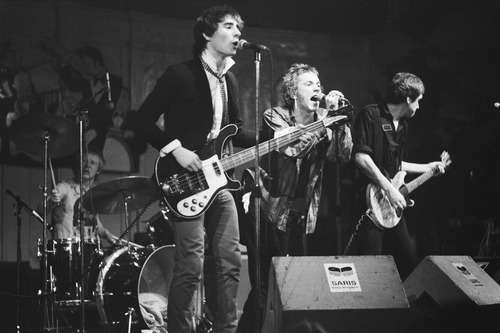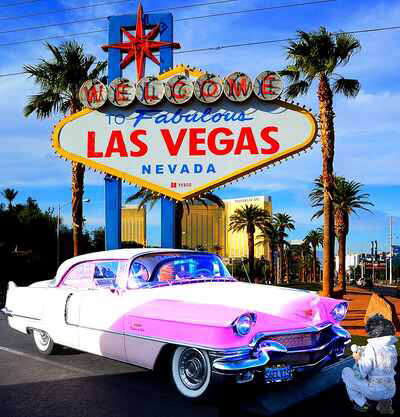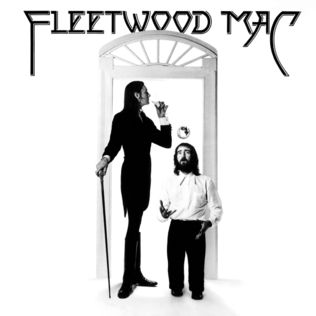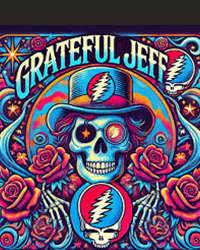
‘God Save the Queen’ Turns 47
On May 31, 1977, the Sex Pistols released a record that sounded like a middle finger pressed into vinyl. God Save the Queen was a snarling, defiant anthem timed just ahead of Queen Elizabeth II’s Silver Jubilee — and it nearly topped the UK charts despite a national campaign to shut it down.
Released through Virgin Records after their contract with A&M was torn up under public pressure, the single was instantly controversial. It wasn’t just the song’s timing or title — it was the message. “God save the Queen,” Johnny Rotten spat, “She ain’t no human being.” And later: “There is no future in England’s dreaming.” The monarchy, the government, the nation’s illusions — all targets in the crosshairs of four young punks who’d grown up watching Britain’s postwar promise decay.
Even though the BBC and major retailers refused to carry it, the single climbed to No. 2 on the UK charts. Fans — and even the band's manager, Malcolm McLaren — believed it truly reached No. 1 but was held back for political reasons. McLaren claimed it was selling 150,000 copies a day, but the BBC wouldn’t air it, and the chart compilers wouldn’t give it proper credit.
What couldn’t be stopped was the reaction. Punk wasn’t new in 1977, but God Save the Queen gave it national — and international — attention. It crystallized the frustration and alienation of British youth in a country mired in inflation, unemployment and declining empire. Rotten, real name John Lydon, was cast as a menace to society, but to his growing number of fans, he was just saying what everyone else was too scared to admit.
The band marked the occasion that year by renting a boat and performing the song on the Thames, right across from Parliament. Police stopped the boat, arrests were made, and the headlines only grew. "It was one of the finest bits of theatre in pop history,” said journalist Jon Savage, author of England's Dreaming.
The Pistols would only last a few more months before imploding on a U.S. tour. But God Save the Queen still stands as punk’s most famous moment — a song that dared to offend, provoke and unsettle in a way pop music rarely had before or since.
Today, the track still hits hard. Even after the Queen’s passing and the changing face of the monarchy, the record remains a sharp critique of power and identity in Britain. It’s a reminder of when rock music didn’t just reflect rebellion — it drove it.
Johnny Rotten later clarified that the song wasn’t meant as a personal attack on the Queen. “You don’t write something like that out of hatred for the English people,” he said. “You write it because you care about them — and you’re tired of seeing them being misled.”
Nearly half a century later, the message still echoes — loud, angry and unrepentant.
Sources:
- England’s Dreaming by Jon Savage
- BBC Archives
- NME
- Rolling Stone
- John Lydon
- Official UK Singles Charts
- Rock & Roll Hall of Fame
Photograph: Koen Suyk. In: Nationaal Archief, Den Haag, Rijksfotoarchief: Fotocollectie Algemeen Nederlands Fotopersbureau (ANEFO), 1945-1989 - negatiefstroken zwart/wit, nummer toegang 2.24.01.05, bestanddeelnummer 928-9665



 The Pink Cadillac: A Pop Culture Icon on Four Wheels
The Pink Cadillac: A Pop Culture Icon on Four Wheels
 The End of an Era: Matt Cameron's Departure from Pearl Jam After 27 Years
The End of an Era: Matt Cameron's Departure from Pearl Jam After 27 Years
 New Music Monday: 5 Fresh Tracks to Add to Your Playlist This Week
New Music Monday: 5 Fresh Tracks to Add to Your Playlist This Week
 Fleetwood Mac’s Turning Point: The White Album at 49
Fleetwood Mac’s Turning Point: The White Album at 49
 The Face Behind the Sound — Velvet Sundown Reveals They're All AI
The Face Behind the Sound — Velvet Sundown Reveals They're All AI














Comments
Add a comment